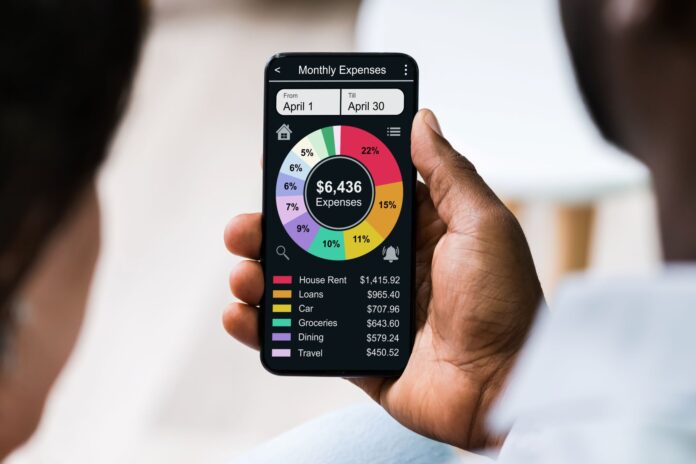By Sarah Wall
Financial Awareness Day is August 14 this year, and typically, personal finance experts take this opportunity to encourage audiences to make smart financial decisions: paying off debt, investing in their 401ks, saving more of their paycheck, and more. But in the wake of historical inflation, Financial Awareness Day 2022 will see a whole new set of challenges that may make some of these suggestions seem tone-deaf. How, for example, can experts talk about the importance of saving more of our paychecks when gas prices are hovering around $4.00 per gallon, chicken eggs cost nearly $1.00 more per dozen than they did in 2021, and housing rents surged at their fastest rate since 1986?
However frustrating and demoralizing 9.1 percent inflation feels, though, summer 2022 doesn’t have to be a period of living paycheck to paycheck. Adopting money-saving ideas and recommendations can help all of us emerge from this inflationary period more financially aware than ever before.
Check Your Subscriptions and Other Regular Purchases
From newspapers and magazines to Netflix and Planet Fitness, Americans have quite a few monthly subscriptions: the average is 12, though Millennials average higher at 17. That doesn’t include other undiscerning purchases we may make on a regular basis, such as coffee runs, Friday lunches with co-workers, or frequent online purchases. These purchases may seem small on their own, but over weeks and months, they can add up to hundreds of dollars.
To take a full account of where your money is going, take an hour on a Saturday morning to print out all your bank and credit card statements for the last three months and highlight recurring payments. How many subscriptions do you have, and are there any that you don’t use or could do without? Then, examine how much of your paycheck is going to “extras” you could cut back on, such as coffee or lunches you could instead bring from home. Trimming expenses by eliminating unused subscriptions and being more prudent with small purchases is an easy, painless way to help your paycheck go further, whatever the inflationary forecast.
Shop Around
Being financially aware this year might mean shopping around for less expensive alternatives. For example, if you usually purchase your groceries at higher-end stores or farmer’s markets, try picking up the essentials at a more budget-friendly option, such as Wal-Mart or Aldi. These stores stock many healthy options, such as grass-fed beef or pasture-raised eggs, at a lower price than many of their competitors. When it comes to the essentials, such as car insurance, check your company’s competitors to see if you can find a better price that fits your needs.
If you shop for your family, consider buying some groceries and essentials in bulk at stores like Costco, BJ’s, or Sam’s Club. It’s important to be judicious there since buying large amounts of perishable food can lead to waste if it goes unused, but for essentials like frozen meat or paper towels, buying in bulk can lead to savings that add up.
Play the Market to Your Advantage
Key to financial awareness is investing, but with the stock market unsettled, where can we turn to ensure a safe investment? The answer depends on your stage of life. If you’re looking at a long horizon on your investments—for instance, if you’re in your 30s and considering where you should allocate your 401k—you don’t need to pay much attention to which stocks are up or down in the current environment. The chances are very good that the stock market will trend upwards over your time horizon.
If, however, you’re closer to retirement or already retired, financial experts offer several strategies. It may be worth selling some of your lower-performing assets, such as those in tech or cryptocurrency, for safer buys; energy and healthcare companies are generally performing well right now. In the wake of the Federal Reserve’s decisions to raise interest rates, trading some of your stocks for bonds is also looking more attractive than it was at the beginning of the year. Thus, if you’re in a position where you may need your investments on a shorter time horizon, it’s worth speaking to a financial advisor about how to make the market’s current environment work best for you.
Financial Awareness in 2022
Adopting financial awareness amid high inflation may be challenging, but it doesn’t have to be impossible. Use Financial Awareness Day on August 14 as a reset button this year to begin tracking your expenses, building your budget, and reallocating your assets with greater intentionality. The habits you build out of necessity today will certainly pay off in better financial forecasts in the future.










